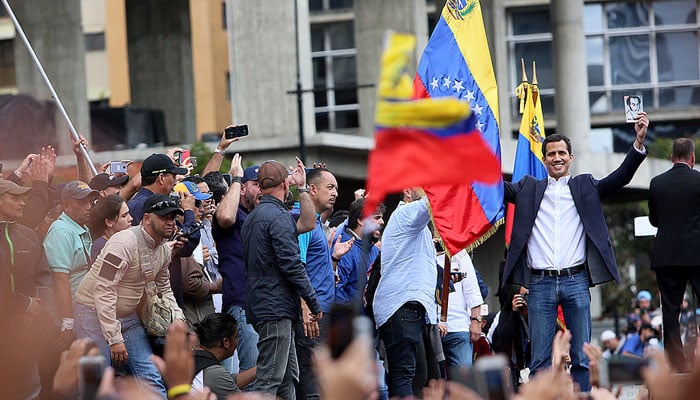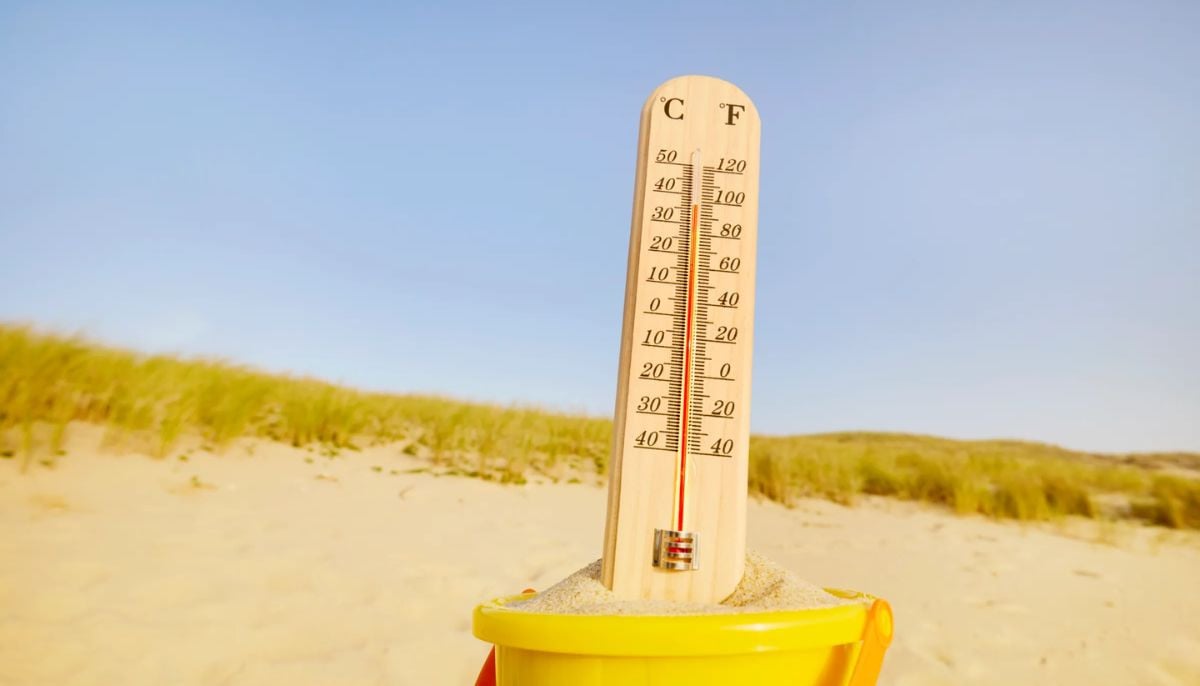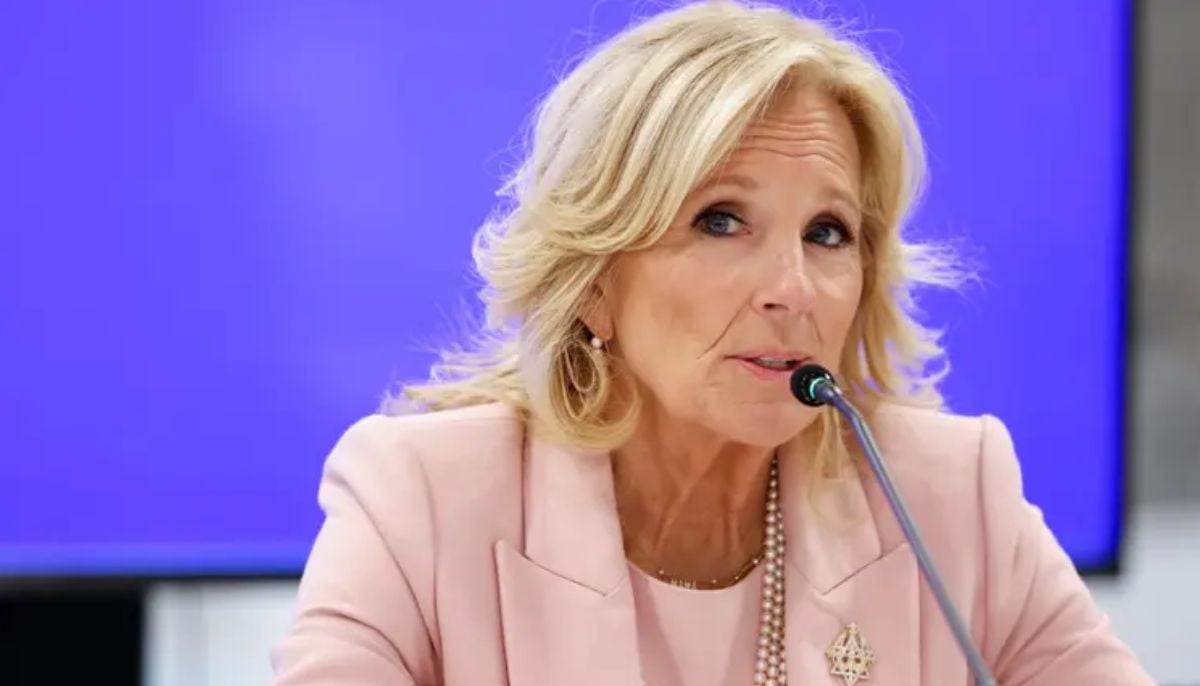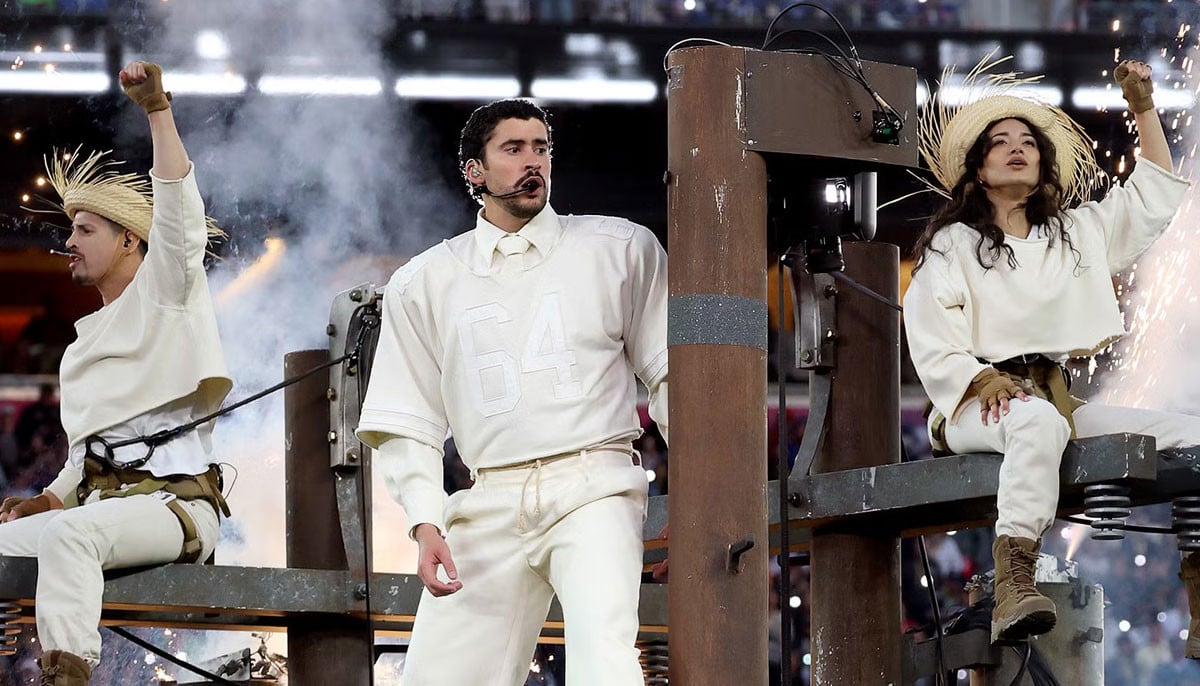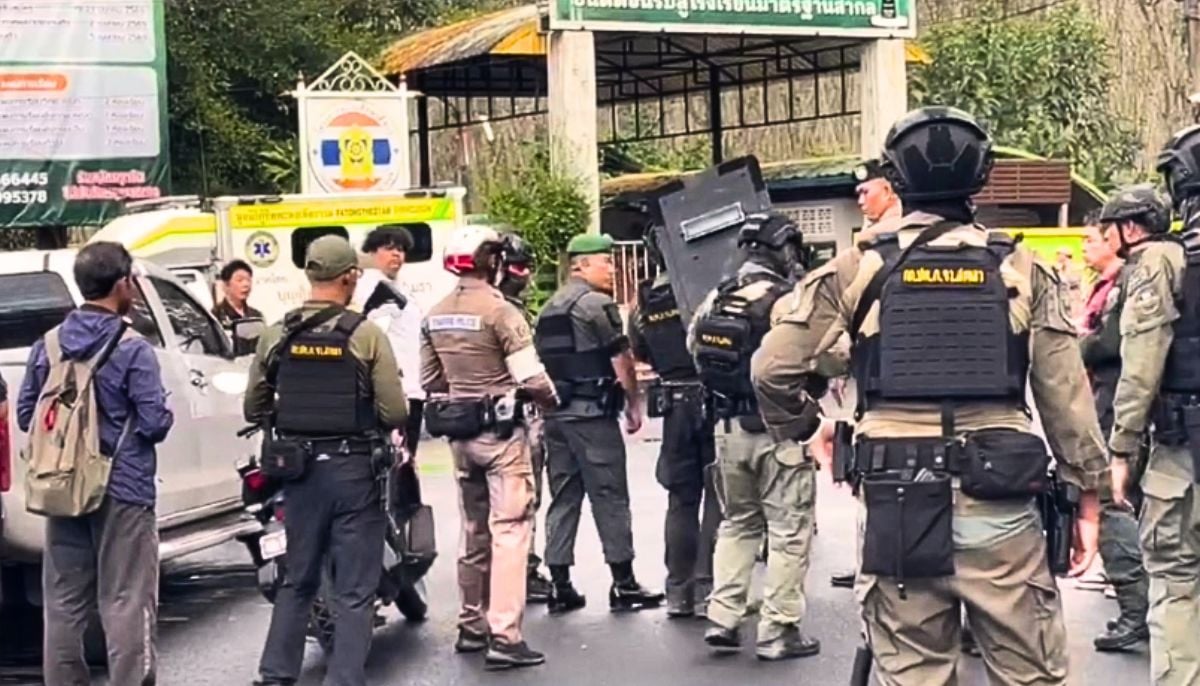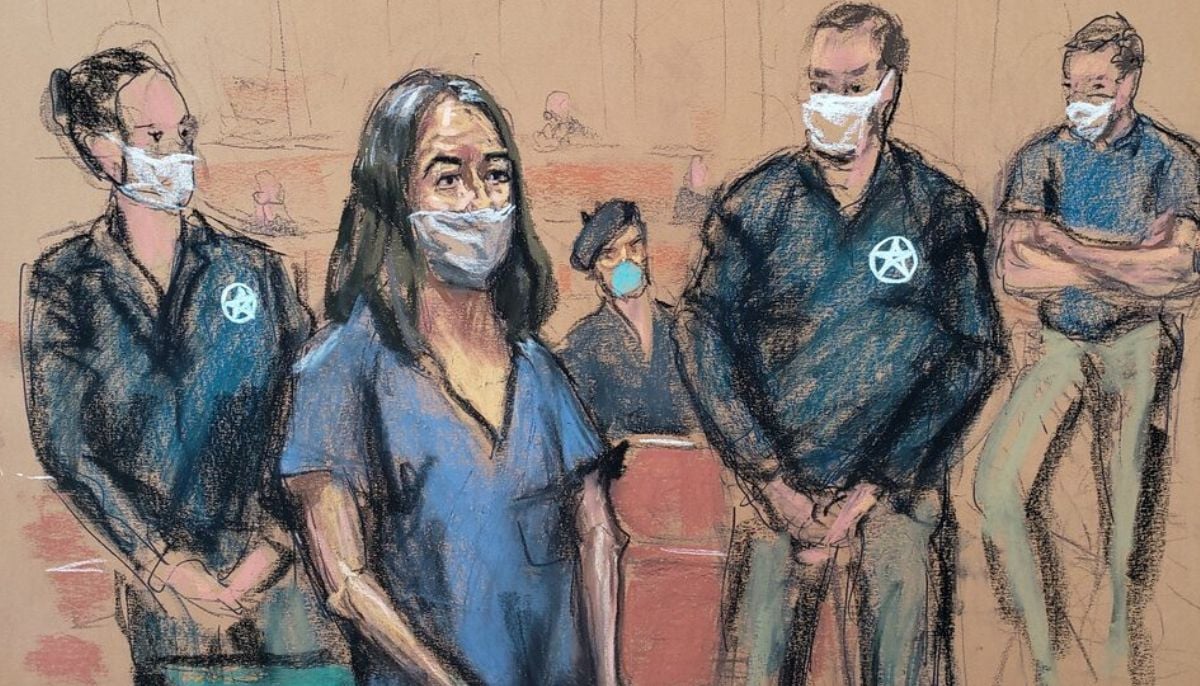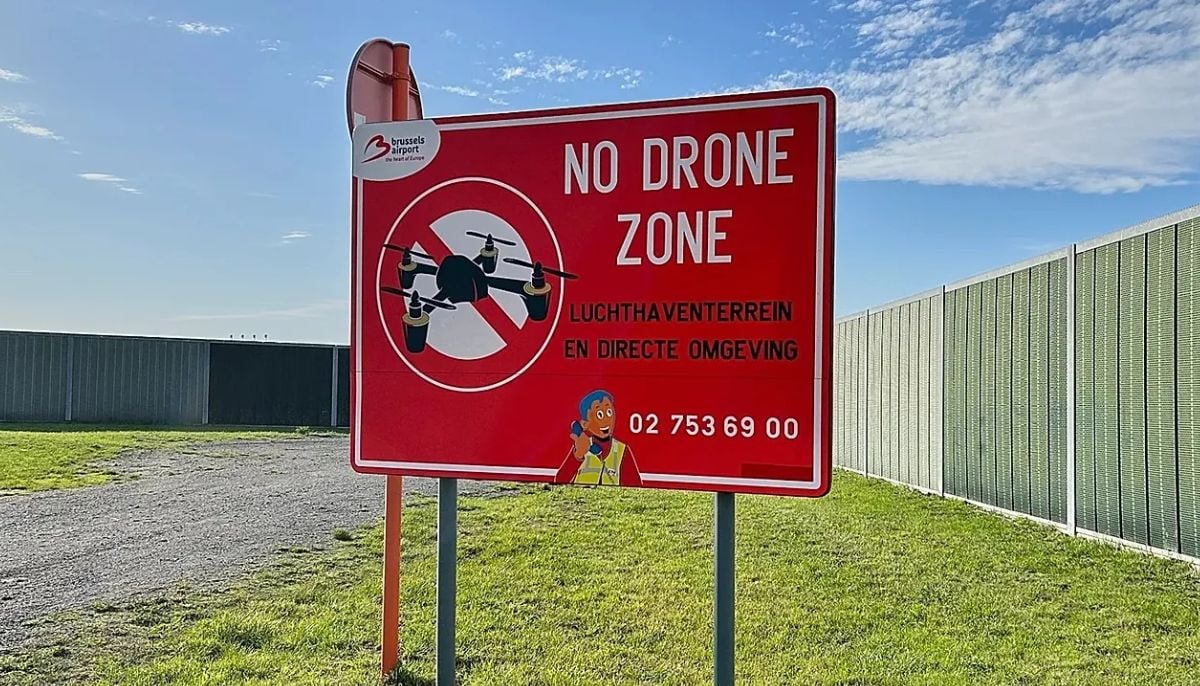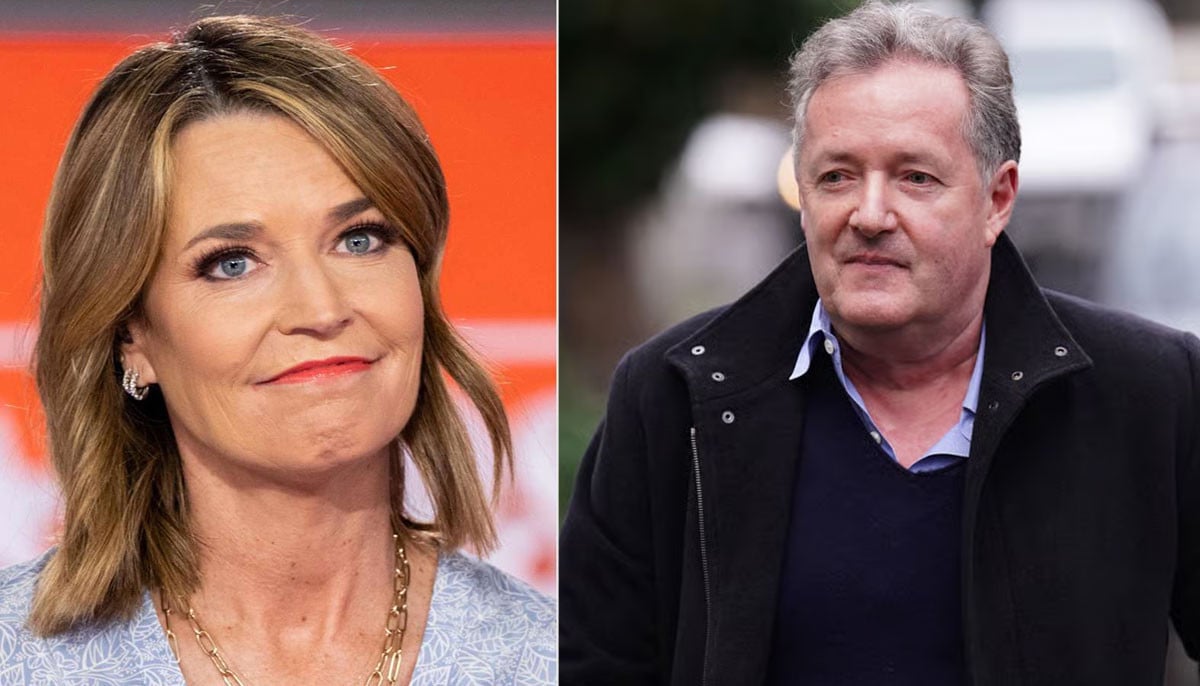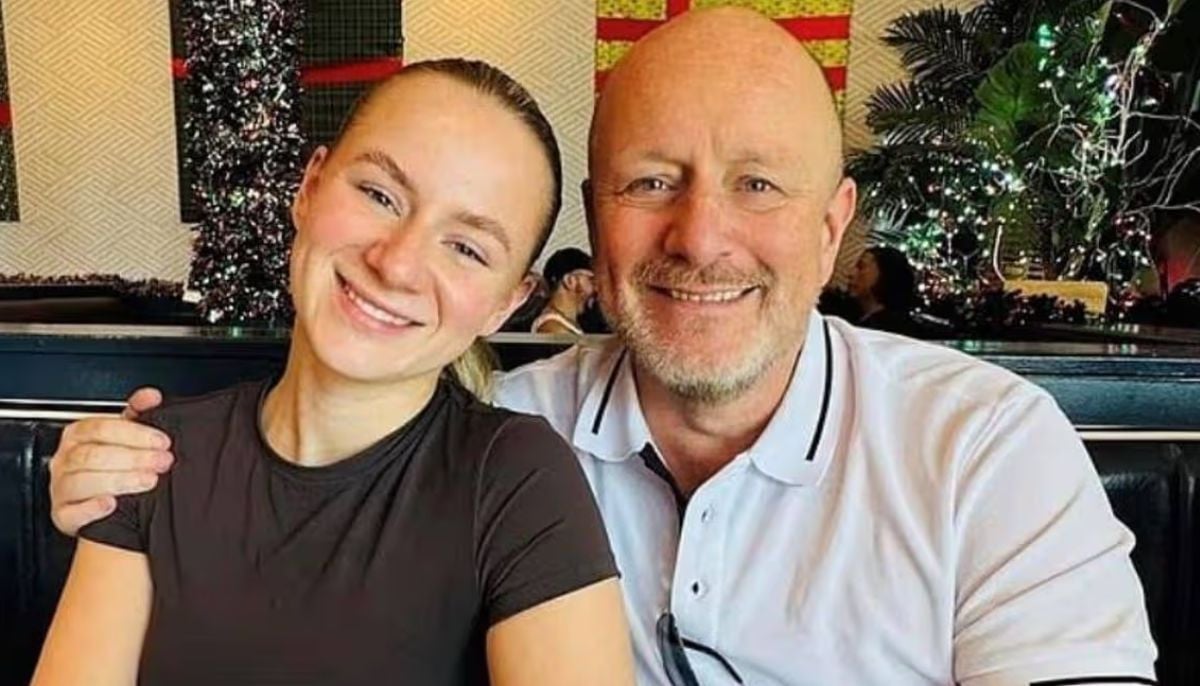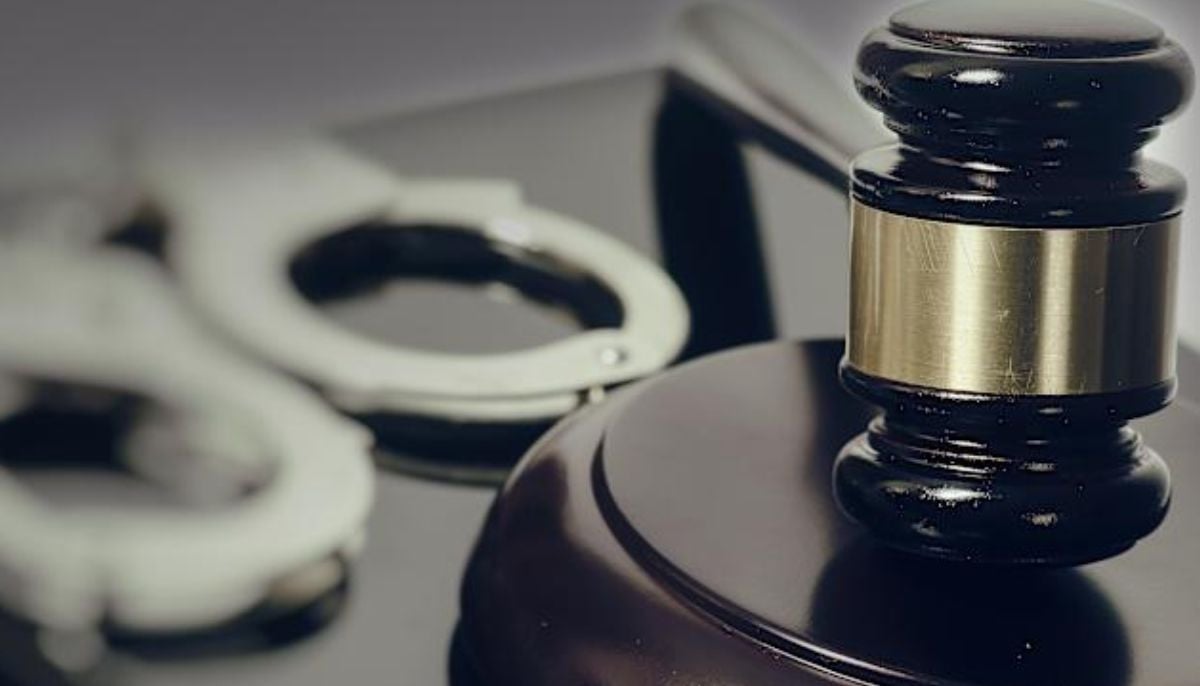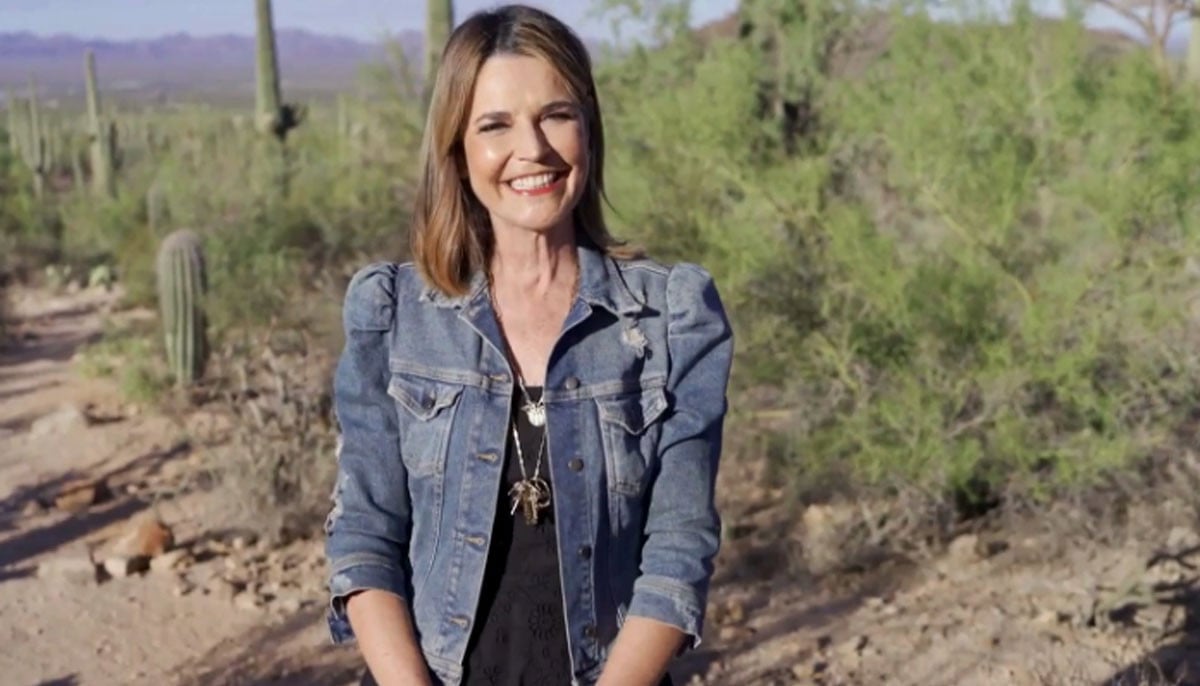Venezuela: nearly two weeks of turmoil
Opposition chief Juan Guaido´s claim nearly two weeks ago to be acting president plunged crisis-hit Venezuela into new turmoil, with a series of countries recognizing him as leader while others continue to back President Nicolas Maduro.
Opposition chief Juan Guaido´s claim nearly two weeks ago to be acting president plunged crisis-hit Venezuela into new turmoil, with a series of countries recognizing him as leader while others continue to back President Nicolas Maduro.
Here is a recap of key developments.
- ´Acting president´ -
On January 23, at a rally in Caracas of tens of thousands of people demanding that Maduro quit, Guaido -- head of the opposition-controlled National Assembly -- declares to cheering supporters that he assumes the role of acting president.
Condemning Maduro´s "usurpation" of power, he pledges to form a transitional government and hold free elections.
Within minutes, US President Donald Trump recognizes Guaido, as do the leaders of Canada and major Latin American powers.
Venezuela´s political opposition, Washington and other countries had already dismissed the May 2018 presidential election that gave Maduro a second term -- which started January 10 -- as fraudulent.
In the face of Guaido´s challenge, Maduro gets the support of allies such as China, Cuba, Mexico, Russia and Turkey.
On January 24 Venezuela´s military high command also throws its weight behind Maduro. Russia´s President Vladimir Putin denounces a "crisis that has been provoked from the outside."
- European ultimatum -
On January 26 six European countries say they will recognize Guaido as president unless Maduro calls elections within eight days. Caracas rejects the ultimatum.
Venezuela´s military attache to Washington breaks ranks with Maduro, becoming the first major military officer to publicly switch support.
On January 27 Maduro calls on soldiers to show "union, discipline and cohesion".
- Guaido barred from leaving -
On January 28 the United States imposes sanctions on Venezuela´s state oil company PDVSA, preventing it from trading with US firms and freezing its assets abroad.
On January 29 Washington says it has handed control of Venezuela´s bank accounts in the United States to Guaido.
In Caracas the Supreme Court bars Guaido from leaving Venezuela and freezes his accounts.
The United Nations says protests in the week after a small group of soldiers refused to recognize Maduro and called for demos had left more than 40 people dead and record numbers arrested.
- Opposition marches -
On January 30 Maduro says he would support early legislative elections, but not presidential ones.
Thousands of opposition protesters, led by Guaido, call on Venezuela´s military to abandon Maduro and allow humanitarian aid into the country.
Maduro again calls on the armed forces for unity.
- European Parliament backs Guaido -
On January 31 the European Parliament urges the EU to recognize Guaido.
To cheers during a speech at the main Caracas university, the opposition leader presents a "rescue plan" to address Venezuela´s "humanitarian emergency".
- Mass demonstrations -
On February 2 tens of thousands of people demonstrate in Caracas, some demanding Maduro´s resignation and others celebrating the 20th anniversary of the start of the socialist presidency of his mentor and predecessor, Hugo Chavez.
Guaido calls for a new demonstration on February 12 and says the month "should be decisive."
He says humanitarian aid for Venezuela will be collected in Colombia and Brazil, and urges the armed forces to let it in.
At a rival rally, Maduro ignores demands for early presidential elections and reiterates his call to bring forward polling for the National Assembly, currently in opposition control.
A Venezuelan air force general becomes the highest-ranking military officer to recognize Guaido as acting president. Major General Francisco Yanez makes the announcement, dressed in full uniform, in a video posted on social media.
The White House calls on Venezuela´s military to follow his lead.
- European countries back Guaido -
On February 4 several European countries including Britain, Spain, France and Germany announce they also recognize Guaido, after Maduro rejected their ultimatum to announce new presidential elections.
Russia slams "interference" in Venezuela´s domestic affairs.
-
Thai school shooting: Gunman opened fire at school in southern Thailand holding teachers, students hostage
-
Maxwell could get 'shot in the back of the head' if released: US congressman
-
New EU strategy aims to curb threat of malicious drones
-
Nancy Guthrie abduction: Piers Morgan reacts to 'massive breakthrough' in baffling case
-
Texas father guns down daughter after heated Trump argument
-
FAA shuts down El Paso Airport, flights suspended for 10 days: Here’s why
-
Teacher abused children worldwide for 55 years, kept USB log of assaults
-
Savannah Guthrie expresses fresh hope as person detained for questioning over kidnapping of Nancy
